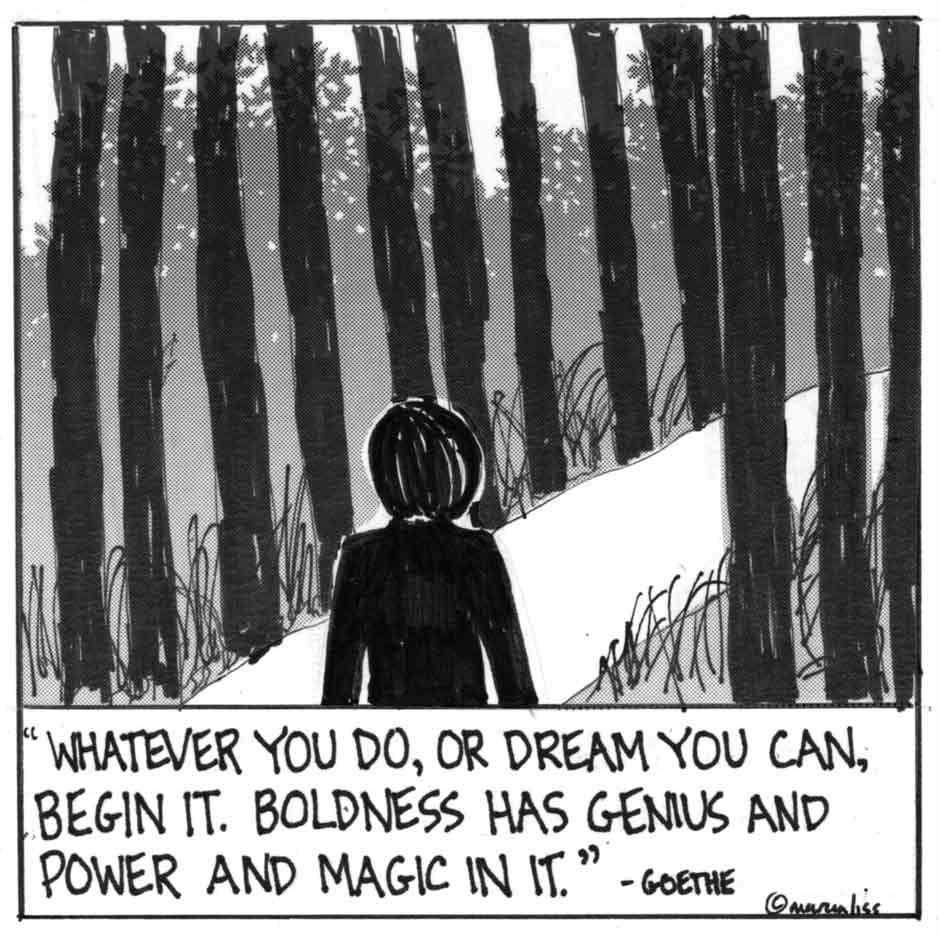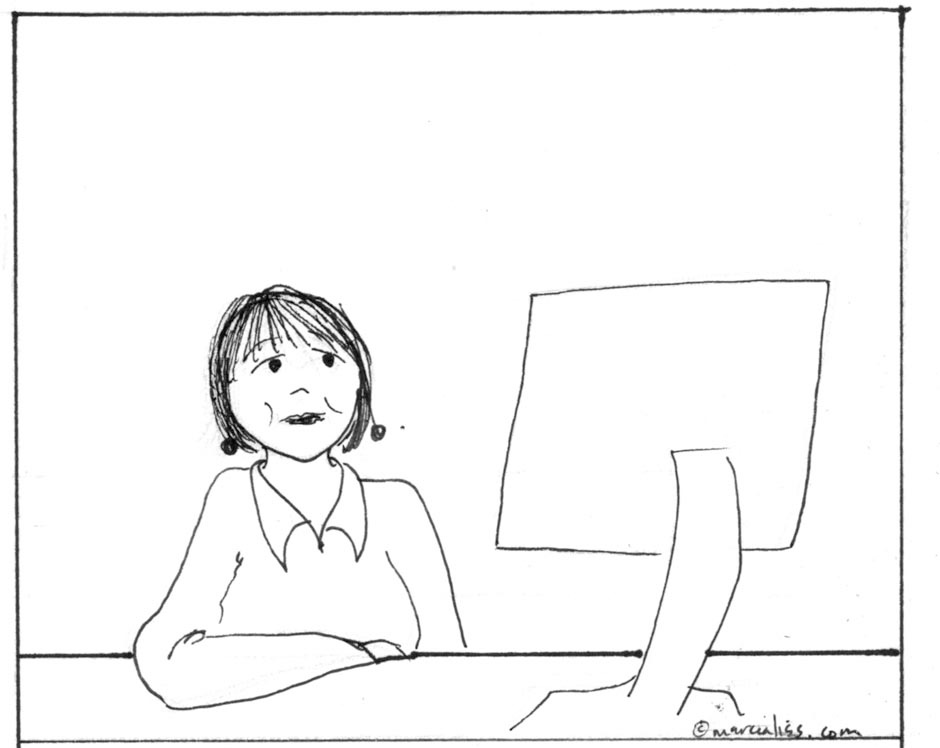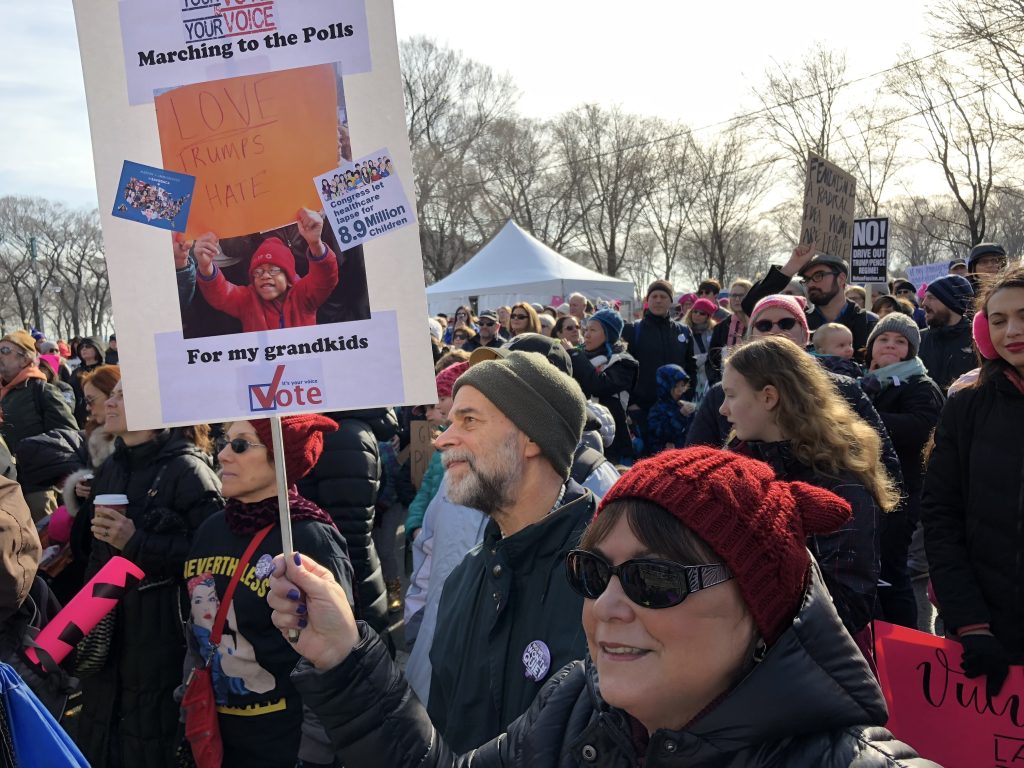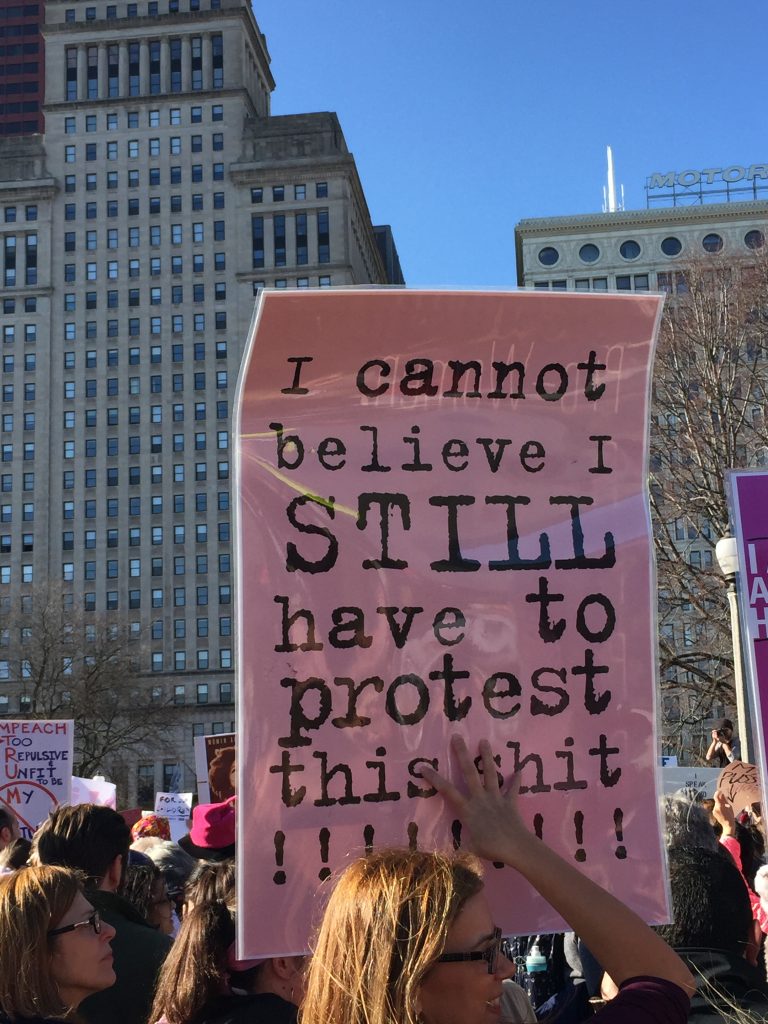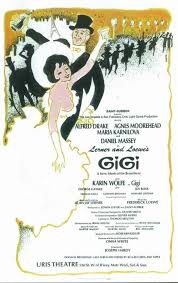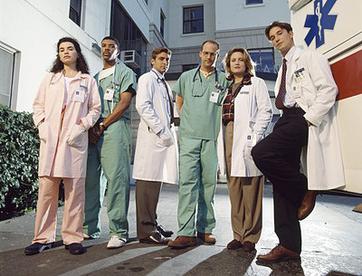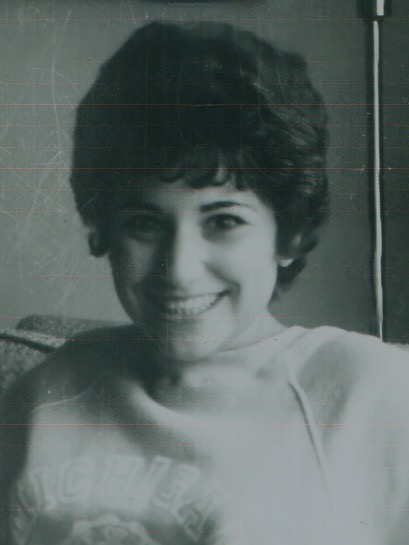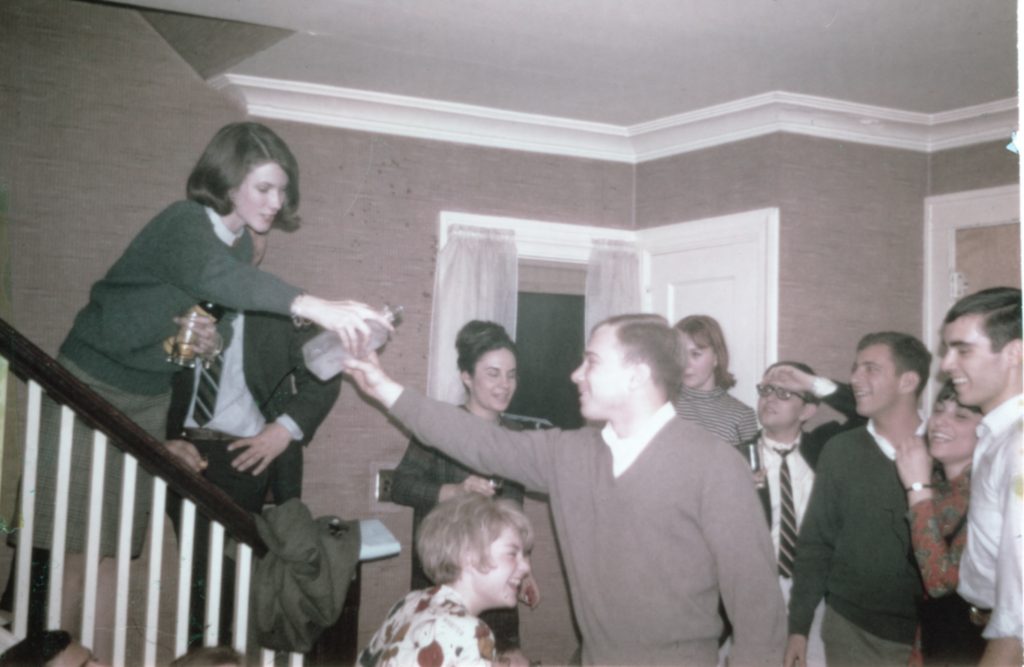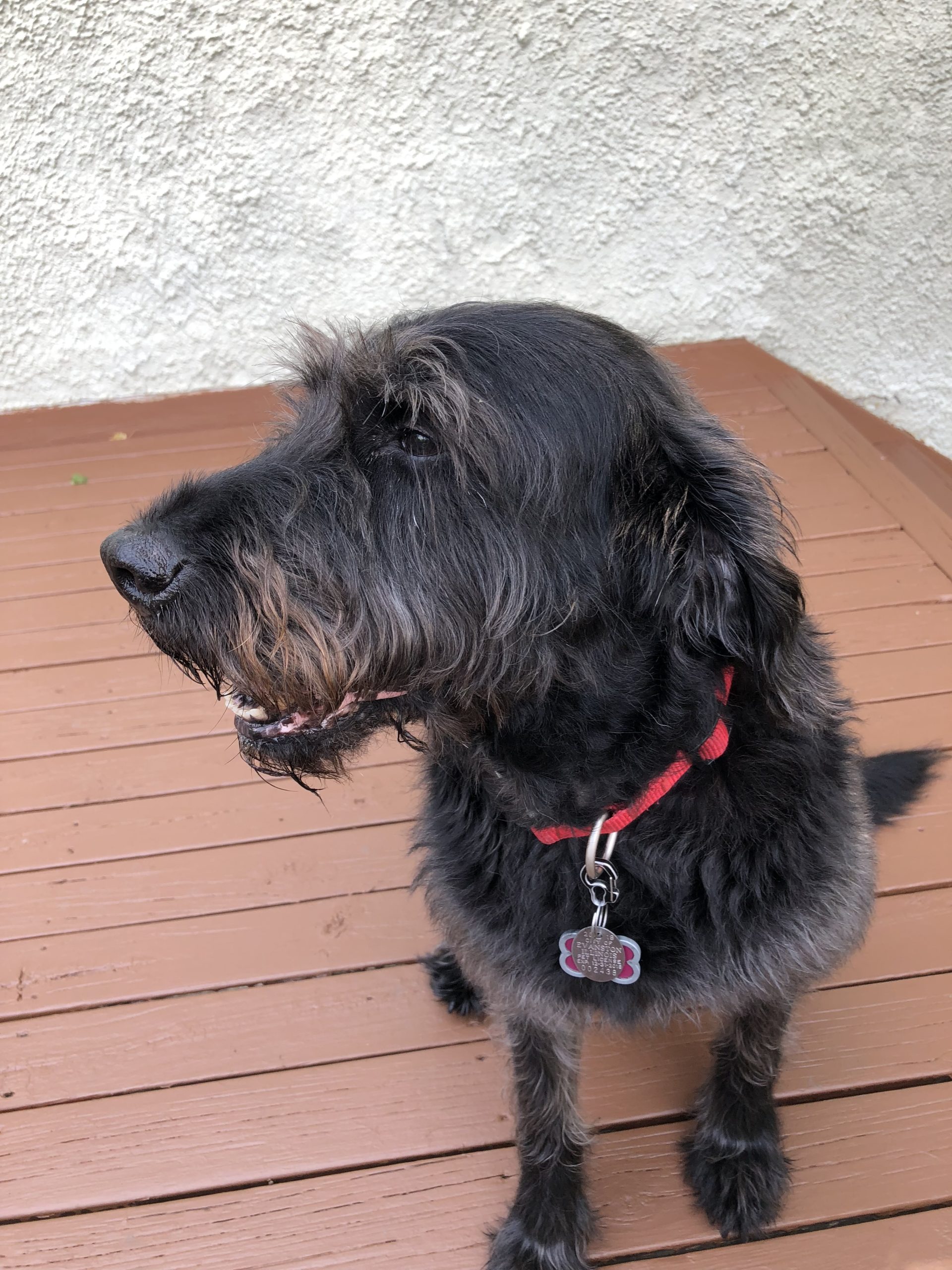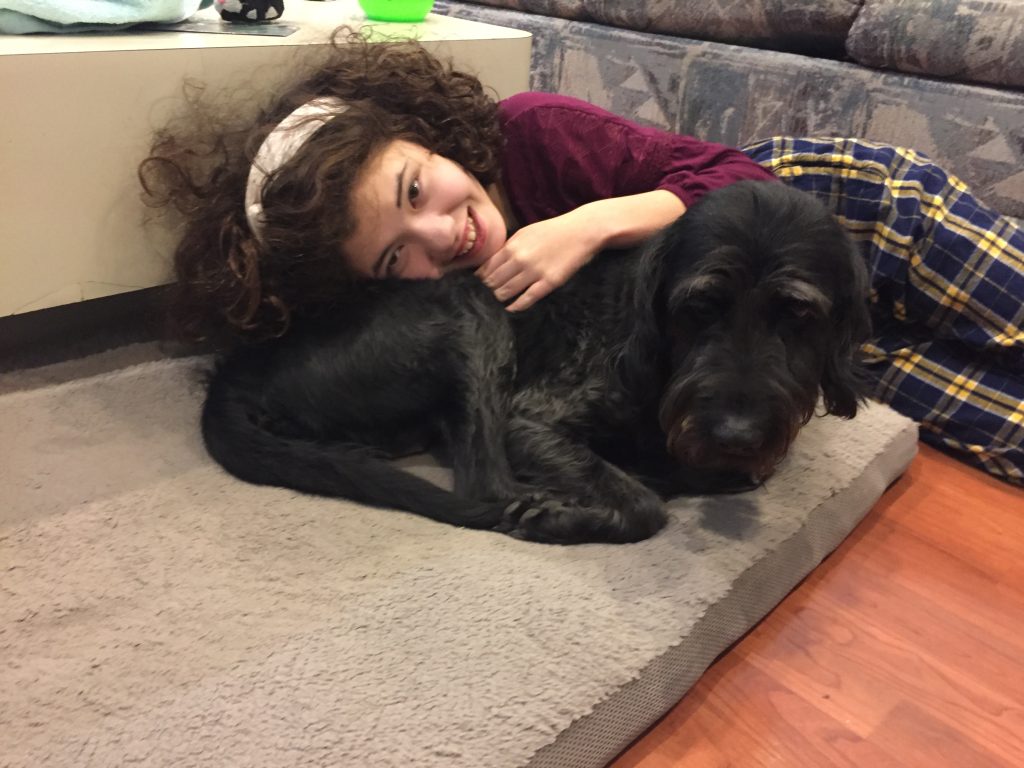
In the October 9, 2024 New York Times, Jessica Grose wrote, “It has been four and a half years since public schools across the country closed their doors to in-person learning. There is evidence that this generation of K-12 students has not fully recovered academically — and may never do so.” Sadly, this is an issue neither Harris nor Trump addressed in the recent campaign. Harris was largely focused on childcare and Trump’s concept of a plan was to abolish the Department of Education and ban critical race theory. In our community, schools were closed for almost 18 months.
I am heartbroken over how the pandemic impacted my grandchildren. What they lost can never be fixed.
In March 2020, when life as we knew it shut down, my grandchildren ranged in age from 18 to seven. The oldest, twins, also have disabilities so this may be a good place to begin. For students with special needs and IEPs (individualized learning plans), remote learning was a disaster. Removing the routine of attending school and the personal relationship with their teachers and therapists meant their educations ceased to exist. Their attention span for zoom instruction was limited. Many did not have parents or adults to supervise their learning experience, so they lost two precious years of education. When my granddaughter graduated from Cove Junior High School in 2018, she was poised and delivered her speech beautifully. By her high school graduation in 2022, she was masked, anxious, and had lost the confidence and joy of her junior high school graduation. She had suffered a huge social setback.
Her younger sister was in 8th grade in March 2020 when life as she knew it ground to a halt. She missed graduating from middle school and started high school via zoom. Most students did not turn on their cameras, so there was no way to know if they were even attending class. A devoted dancer, she took her instruction remotely and alone in the basement. Despite putting down a safe dancing surface, buying a barre, and hanging a mirror on the wall, she injured herself by not having an actual human instructor to see if she was doing things correctly. High school didn’t open until her sophomore year, leaving her socially in 8th grade for 18 months. Any girl can tell you this would be a nightmare. When the high school finally opened and she was able to attend masked, academically it was, and continued to be, a “soft landing.” Learning standards were lower, students were allowed to be late, and attendance was poor.
For my grandsons in Newton, Massachusetts, who were ten and seven in March of 2020, the extensive school closure resulted in a total upheaval of their lives. Their mother is a pediatrician who had to return to work wearing protective gear, which caused them anxiety that she would be safe. Their father was able to work from home, but he needed to do his job along with supervising zoom learning. They rearranged their house to provide a virtual classroom space for each child, but the seven-year-old needed help with his assignments and found it hard to sit in front of a computer screen for hours each day. For both children, this was a lonely, isolating time that lasted through the 2021-22 school year. When their school finally reopened, they were anxious about attending in person and vigilant about wearing their masks.
My Indiana grandkids fared better because, living in a red state, in person learning resumed after being shut down from March through May, 2020. Still, it was difficult to supervise them as my daughter had to work outside the house during that time and there were five kids, ages 16 to 8, supposedly learning via zoom. Two of my grandchildren tended to be anxious before the pandemic, and the shut down and worrying about getting COVID only made things worse.
According to Jessica Grose’s story about the education crisis we are now in due to loss of learning of academics and soft skills (how to be students and interact with peers) during the pandemic, the achievement gap between students like my grandkids, whose parents tried to keep their online learning on track, and students whose families were unable to provide supervision for their children has widened. Teacher interviews by Grose revealed that “some of their students are behaviorally and socially stunted in ways that aren’t always captured by statistics.” Our schools were already on a downward trend and the pandemic accelerated it. Math and reading scores are at their lowest in decades, while absenteeism has accelerated. Many students who transferred to private schools because their public school remained closed for up to 18 months as ours did never returned. The resulting sharp decline in enrollment has become a crisis as our school district will have to close schools and come up with savings to balance the budget.
I am heartbroken over how the pandemic impacted my grandchildren. What they lost can never be fixed.



